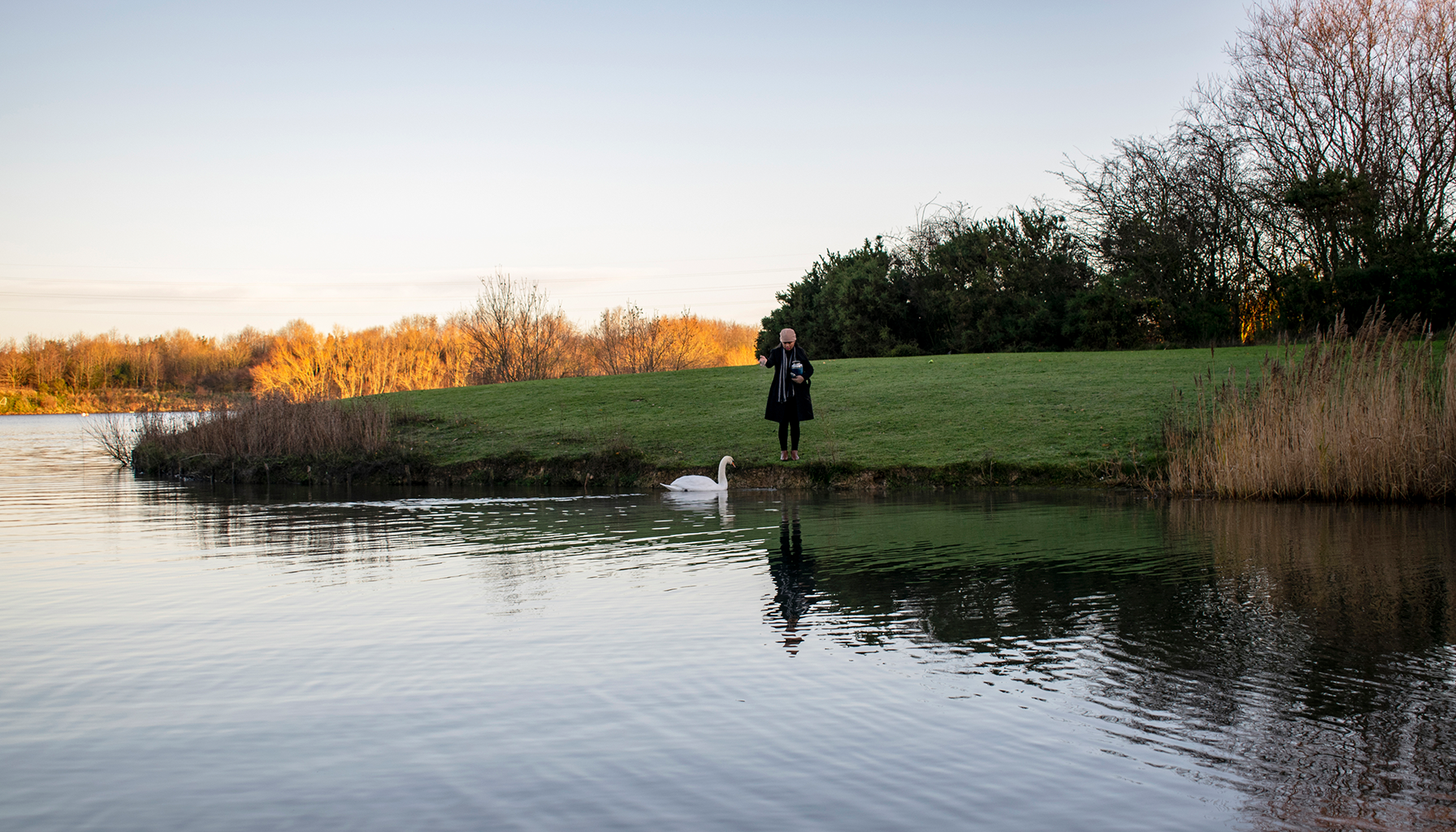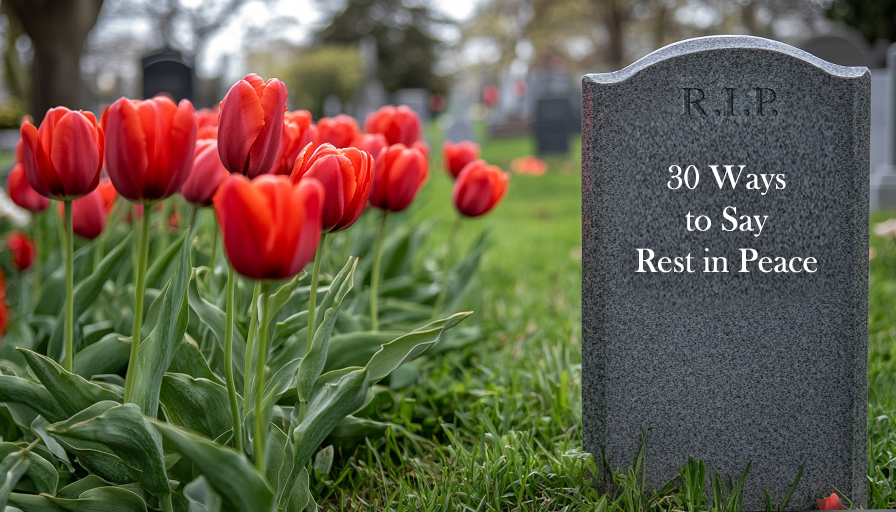Cremation, for a long time, has been a more popular option for people in the UK after death compared to the more traditional burial option. Despite cremation in its growing popularity, you may still need to learn the ins and outs of this process and what happens following it. In this guide, we want to tackle one of the most common questions we have encountered and been asked regarding cremations.
Who Gets the Ashes?
Generally speaking, the person who gets the ashes following a cremation is the one who applied for it through their chosen funeral director or crematorium. The applicant can collect these ashes in person from the crematorium used, or you can nominate that your funeral director collects them on your behalf.
Who Can Collect Them Then?
Despite its wording, the answer to this question is the same as who gets the ashes. Unless stated otherwise, the ashes are collected or given to the person who organised the cremation. The funeral director can collect the ashes in an urn and hand them to that individual if necessary.
Who Owns the Cremated Ashes Legally?
This question is quite different to the ones we have already answered. In most situations, the person who legally owns the ashes after cremation is the deceased executor if there is no complete will or any valid note about who should get them.
This would generally be the highest-ranking next of kin to the deceased. If there is any uncertainty, intestacy is used to decide this. Intestacy refers to the surviving spouse/partner being higher in rank as a next of kin than the deceased's children, parents, siblings, in that order and so forth down their family tree.
Disputes in Families Over Ownership of Cremated Ashes
Death, funerals, cremations and the grieving process can stir emotions, and people can be prone to act in ways they usually wouldn't. Sometimes, old and untreated emotional wounds are opened at the time of death. It is far too familiar, sadly, that there are disputes among family members over who should keep the remains.
Generally speaking, this is best solved among the family members in question. This is why wills are so important. When there is a will in place, this is used as the decider over who is responsible for owning and dealing with the ashes. Things can get very tricky, though, if several people are in the same standing order in terms of the deceased's family tree. Ideally, this should be worked out between those involved, as the last thing anyone will want to do is go to court and have to pay the legal and hearing fees.
One of the most common ways to solve this kind of dispute without going to court or taking legal action is for the ashes to be interred in a permanent place.
One case that is often cited is Fessi and Whitemore. The parents disputed the ashes of a deceased child. As they were divorced, they both wanted to scatter their child's ashes at different locations. It went to court, and the appointed judge made the decision of where the ashes should be interred or scattered.
You need to note that British courts will not enforce a split of the ashes to comprise and close the matter if one party is still contesting and against the solution.
Can You Sue about the Ownership of Cremated Ashes?
As you can see from the above, there are times when legal action and intervention are required to help solve a dispute over ashes. It's best to try to solve these issues among yourselves, but if you can't, you should speak to a lawyer with experience with these kinds of cases to represent you and advocate for your side of the dispute.
The subject of ownership and responsibility for cremated ashes too often becomes a heated debate and argument. Especially between warring factions of the same families – estranged parents and their children, siblings, and divorced or separated marital partners, often fight over the ashes. If possible, the courts and legal teams can help to ensure you avoid too much messiness if that is the only option. That aside, though, if you are the highest-standing next of kin or the one who applied for the cremation in the first place, ownership of your loved one's ashes will typically fall to you.
















